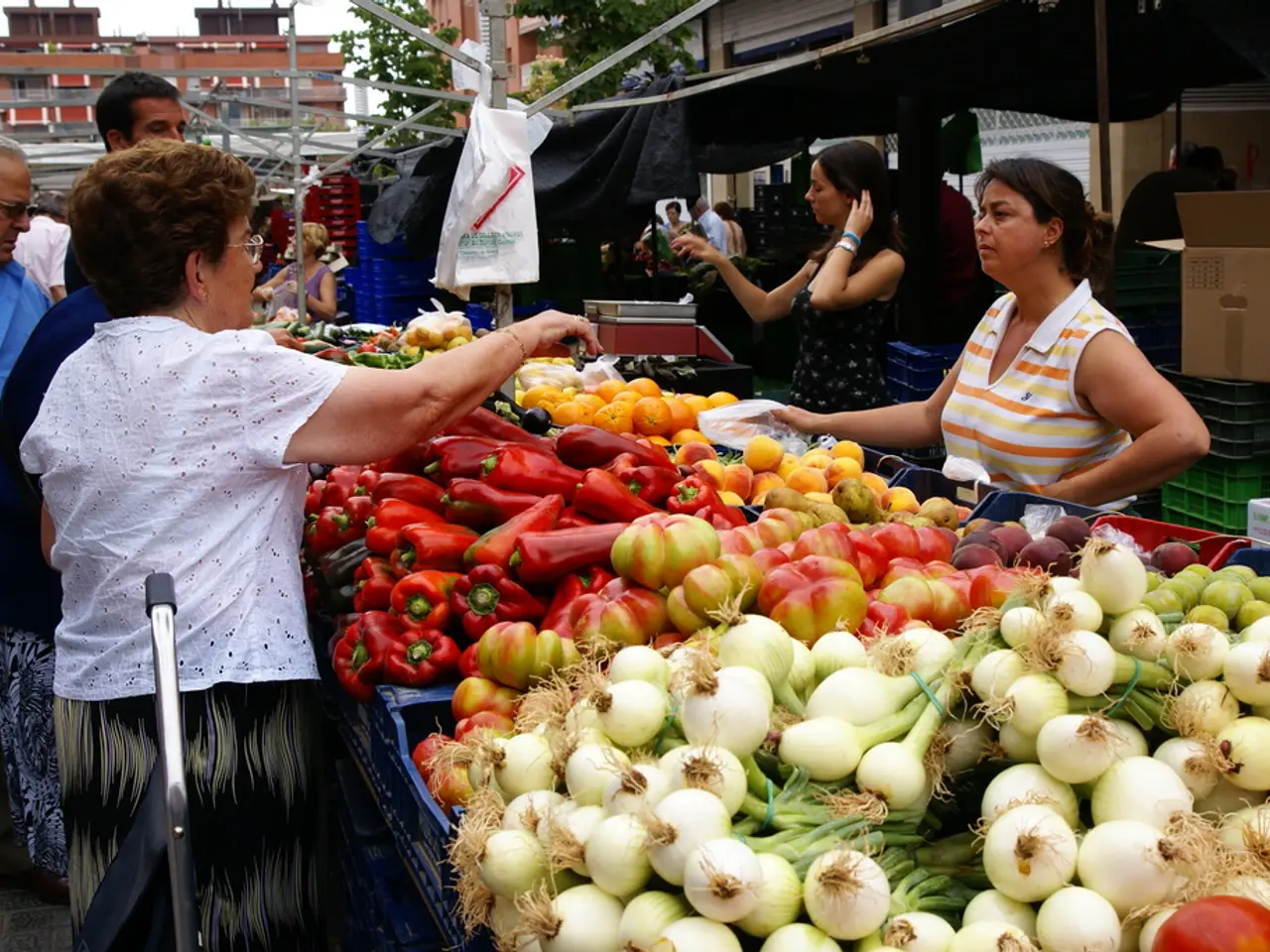Discussion on Plastic Pollution Treaty Stalls, Geneva Negotiations Conclude Without Agreement Reached
The world's first legally binding global treaty aimed at tackling plastic pollution, a critical step akin to the Paris Agreement for climate change, failed to reach an agreement during the fifth session (INC-5.2) of the Intergovernmental Negotiating Committee held in Geneva in August 2025.
The treaty, initiated by over 145 countries since 2022, seeks to establish legally enforceable rules to control plastic pollution, addressing the entire lifecycle of plastics—from design, production, and use to disposal. The treaty aims to reduce global plastic waste, which threatens land, freshwater, and marine ecosystems and is projected to reach 1.7 billion metric tons by 2060.
The INC-5.2 conference, which gathered over 1,400 delegates from 183 countries, underscored the treaty's global importance and complexity. Negotiations stalled due to disagreements on key issues such as imposing caps on new plastic production or focusing solely on waste management and improved design.
Currently, no legally binding treaty has been finalized, and key negotiation points remain unresolved. The future negotiation dates are yet to be decided, and political and industry lobbying have impacted progress.
Despite the lack of agreement, participants remain optimistic about resuming talks to finalize provisions such as plastic production limits and toxic substance phase-outs. The future negotiations are expected to continue with renewed commitments, aiming to balance environmental goals with economic and industry concerns. The negotiations will try to finalize a treaty that covers plastic’s full lifecycle and sets enforceable global standards.
The European Union and small island states are pushing to cap virgin plastic production, while opposition to this cap comes from petrochemical-producing countries and the U.S. under President Donald Trump. The most divisive issues in the negotiations include capping production, managing plastic products, and chemicals of concern, as well as financing for developing countries.
The future of the negotiations is uncertain, with diplomats expressing disappointment and rage over the lack of a deal. French ecology minister Agnes Pannier-Runacher expressed anger due to the lack of tangible results, while Danish environment minister Magnus Heunicke expressed disappointment about countries trying to block an agreement.
The discussions are taking place in Geneva, where the sixth round of talks for the plastic pollution treaty is underway. The Intergovernmental Negotiating Committee met in South Korea late last year, with states pushing for an ambitious treaty disappointed with the latest text released.
The world's first legally binding treaty to tackle plastic pollution is currently under discussion, with more than 1,000 delegates gathered for the discussions. The treaty is necessary, according to Heunicke, to tackle one of the biggest pollution problems on earth. Deep divisions exist among countries regarding the extent of future curbs on plastic production.
As the negotiations continue, the world awaits a unified international agreement to combat plastic pollution, a transboundary problem that requires global action.
- The treaty on plastic pollution, similar in importance to the Paris Agreement for climate change, seeks to establish enforceable rules in the field of environmental science, addressing the entire lifecycle of plastics.
- The lack of agreement during the fifth session of the Intergovernmental Negotiating Committee highlighted the complexity and politics involved in policy-and-legislation regarding climate-change and the environment.
- General news outlets continue to closely follow the discussions taking place in Geneva, eager to report on finalized provisions like plastic production limits and toxic substance phase-outs, aiming for a unified international agreement against plastic pollution.








